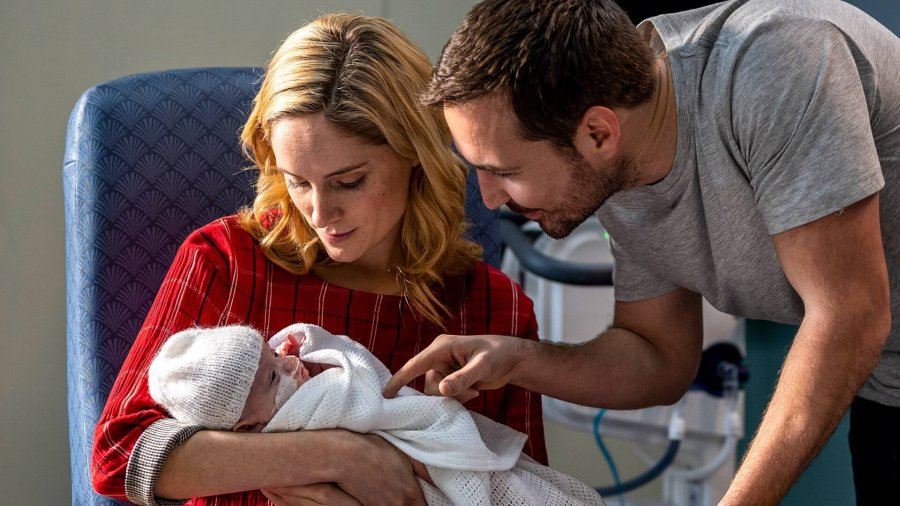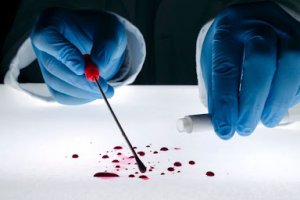There is still very much controversy regarding utilizing a surrogate mother to have a child. The legal implication is very tricky as the laws change from state to state. However, there can be many reasons, like fertility issues. For this kind of problem, surrogacy is a great option for you and your patterner. You should see how this whole thing works ad what would be best for you.
What is a surrogate mother?
There are two types of surrogate mothers:
Methods of surrogating:
Traditional surrogate:
The traditional surrogate is a woman who gets artificially pregnant with the father’s sperm. This woman will carry your child and deliver it for you, and your partner can raise it. The traditional surrogate is the biological mother of the child because that’s her egg that was fertilized by the father’s sperm. The donor sperm can also be used in the process.
How Does Surrogacy Work?
Surrogacy is a process where a woman who can be called a surrogate carries and delivers a baby for another couple. Couples do this when they can’t get pregnant due to some medical reasons or due to same-sex. In Normal surrogacy, the surrogate is introduced to the intended father’s sperm through artificial insemination. The egg that is used is by the surrogate, so this makes it related to the child. However, when it comes to gestational surrogacy, both the egg and the sperm come from parents, making the child unrelated to the surrogate.
Will The Baby Look Like The Surrogate Mother?
Yes, in normal surrogacy, as we know, during the process of surrogacy, the egg is taken from the surrogate. This makes the baby related to the surrogate mother, and hence, the baby would look like the surrogate mother as he is associated with the surrogate. While in the gestational type, the baby won’t look like the surrogate mother.
Does A Surrogate Mother Share DNA With The Baby?
Surrogacy is a process where a women called surrogate carries and delivers a baby for a couple that is not able to get pregnant. This is used when there are medical conditions by which a couple is not able to get pregnant. Surrogacy for gay couples is also pretty common in this age. In normal surrogacy the surrogate mother shares the DNA with the baby as the egg comes from the surrogate mother. However, when it comes to the gestational type of surrogacy the egg and the sperm both are extracted through the intended parents making the baby totally unrelated to the gestational surrogate mother.
Mitochondrial DNA Surrogate Mother
Mitochondria is the powerhouse of the cell. Apart from helping create energy for the cell to function, it also stores genetic information, i.e. the DNA structure. Mitochondria have their own DNA and it contains information different from the DNA stored in the nucleolus. Mitochondrial DNA is usually involved in some genetic diseases transmission from mothers to children. These diseases are usually called mitochondrial diseases. A surrogate mother may pass some amount of mitochondrial DNA to the baby due to the amount of time she has spent in carrying the baby.
Does A Surrogate Mother Have Rights To The Child?
To be honest, no. A surrogate mother has no legal or parental rights over the child whatsoever the situation might be. They can not claim parental rights over the child they have carried and birthed. Whatever the situation is, the surrogate mother has to return the baby right after birth.
Does A Baby Inherit Anything From A Surrogate Mother?
Apart from the trace amount of mitochondrial DNA, a baby does not inherit anything from the surrogate mother. There is no possible way for the baby to adopt any of the characteristics or features of the surrogate mother. Hence, the surrogate mother might have carried the baby, it is not possible for her to transmit her mitochondrial DNA to the baby. At Face DNA Test , they offer excellent testing methods, tips and tricks on how to carry out the perfect and accurate test.
Gestational Surrogates
This is a method that is known as in vitro fertilization. This process allows you o gather eggs from the mother and fertilize them with the help of the father’s sperm and then place the embryo in the uterus of a gestational surrogate. Afterward, the surrogate will carry the baby till birth. DNA testing Near me has found that there would be no genetic ties with the child because their egg was not used in the process. As a result, the gestational mother is called the birth mother, as the biological mother is the woman whose egg was used for the process.
Moreover, the United States gestational surrogacy is very complex legally as both of the intended parents have genetic ties with the baby. This is the reason why gestational surrogacy is more popular than traditional surrogacy. Statistically, there are 750 babies born every year with the help of gestational surrogacy.
The need for a surrogate
If you are a woman, you may need a surrogate for multiple reasons, such as:
- There might be medical problems with your uterus.
- Additionally, you might have gone through a hysterectomy, and your uterus has been removed from you.
- Also, some conditions that made pregnancy dangerous, like having critical heart disease.
You may want to think about surrogacy if you have tried and could not get pregnant even with the help of multiple reproduction methods like IVF. Surrogates have also helped people to experience parenthood which cannot adopt a child due to their age or marital status. If a gay man decides to go for a traditional surrogate, they can use their sperm to fertilize the surrogate’s egg with an artificial insemination process. Afterward, the surrogate mother will carry the child till birth. There is also another option where they can choose an egg donor to fertilize that donated egg and then have that embryo implanted in a gestational surrogate till birth.
What is surrogate baby DNA?
The relationship between a gestational carrier and the child can be quite confusing, and it becomes even more confusing if you are not familiar with the surrogacy process. However, DNA paternity testing Is still applicable, and many people also believe that there is a connection between the baby’s DNA and the surrogate. However, that is not the case. If you have gone for gestational surrogacy, then there would be no genetic ties between the child and the mother. However, if you have gone for the traditional surrogacy methods, then there would be a direct DNA relationship because her egg is used in the process. As a result, she would be the biological mother of the child
Who shares the surrogate baby’s DNA?
This is the most common question when someone is thinking about surrogacy and specifically women who are thinking about becoming a gestational carrier. The problems that revolve around the gestational surrogate DNA are very important. If you are thinking about this procedure, you should have a clear picture of what the surrogacy process means and what will happen to the intended parents and baby.
What is the importance of surrogate baby DNA?
When it comes to gestational surrogacy, there would be no genetic ties between a child and the surrogate mother because the intended mother or the donor’s egg is used in this process. The separation of surrogate baby DNA is a very important fact as it protects everyone involved in the process.
Finding the surrogate:
There are many ways you can find a surrogate mother:
Friends or family:
You can always ask your friends or family to be surrogates for you. It is very controversial as the cost of the surrogacy process is very high, and there is also legal complication regarding parental rights. On the other hand, a tried and tested family relationship would be a simpler choice to manage. The American Society for Reproductive Medicine accepts specific family ties as acceptable for the surrogate process. Most of the time, they discourage this kind of surrogacy as the child would carry the same genes as the child born of incest between two relatives.
The surrogacy agency
Many people use the services of a surrogacy agency to arrange gestational surrogates. There are almost 100 agencies that are operating in the U.S. these agencies will surely help you find a good surrogate and make arrangements. Additionally, they also collect fees that go between you and the surrogate, like paying for medical expenses.
Choose Clarity with DNA Test
Get Accurate Answers With our Test!.
-
- Accurate
- Quick Result
- Private and Secure
- Affordable

Method to choose surrogate
At this time, there are no rules on who can be a surrogate; however experts have come up with some extremely helpful points:
- The surrogate mother should be at least 21 years old.
- Additionally, they should also have given birth before to a healthy baby so that pregnancy should not be new to them, and they should have proper knowledge regarding the risks of pregnancy, childbirth, and emotional stress.
- Afterward, they should also have passed the psychological screening test created by a mental health professional to see if there are not any kind of issues when giving up the child after the birth.
- Last but not least, there should be a contract about their role, like prenatal care and agreeing that they would give the baby back after the birth.







Leave a Reply
Your email is safe with us.
You must be logged in to post a comment.